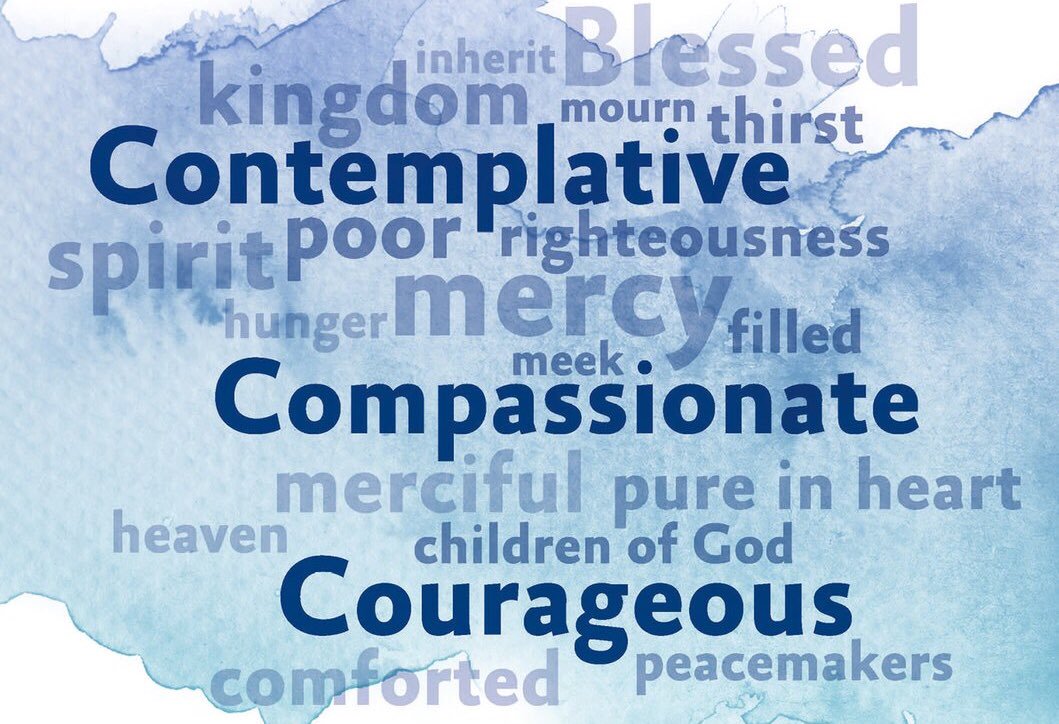CHAPTER 10 – FORGIVENESS AND RECONCILIATION
“God has left sin in the world in order that there may be forgiveness: not only the secret forgiveness by which He Himself cleanses our souls, but the manifest forgiveness by which we have mercy on one another and so give expression to the fact that He is living, by His mercy, in our own hearts.” -Thomas Merton
“We must develop and maintain the capacity to forgive. He who is devoid of the power to forgive is devoid of the power to love.” -Martin Luther King, Jr.
“We do not really know how to forgive until we know what it is to be forgiven. Therefore we should be glad that we can be forgiven by others. It is our forgiveness of one another that makes the love of Jesus manifest in our lives, for in forgiving one another we act towards one another as He has acted towards us.” -Thomas Merton
A call to community is a call to perpetual forgiveness and reconciliation. It is a never ending process that enables us to live harmoniously in close relationship with one another and all of creation. We can allow ourselves to be forgiven only as much as we can allow ourselves to forgive and because of that we should always be mindful of and engaged in the gift of reconciliation, forgiving our companion as we ourselves wish to be forgiven.
Forgiveness can be born out of a response to true repentance or it can be a gift freely given but it should always be genuine and not manipulative, truthful and not deceiving. It is one of the most powerful and Christ-like gifts we can offer our companions and ourselves. Our Community is based on love, and seeking to love one another we must seek to forgive one another.
Forgiveness is a decision and not necessarily always a feeling. It is through forgiveness that we intend to enter into, spiritually if not emotionally, a place where we may be reconciled to one another. As we enter into this place, we must ourselves shed our expectations of our companion even as they themselves must attempt to reconcile with us.
Reconciliation is a process and not an automatic given. It is a healing process that begins with compassionate listening, it encourages mutual transparency, and ultimately offers mutual acceptance, but through it all it demands mutual courage to persevere. Reconciliation is the restoration of broken relationships. It is the process of rebuilding trust, fostering understanding, and working towards healing after a conflict or offense. It is not simply about saying “I’m sorry” or “I forgive you,” but about actively seeking to repair the damage that has been done. This may involve open and honest dialogue, a willingness to listen to the other person’s perspective, and a commitment to making amends where necessary. It requires humility, empathy, and a genuine desire to restore the relationship.
Reconciliation is a journey that involves both individual and communal effort. On an individual level, it requires self-reflection, taking responsibility for our own part in the conflict, and a willingness to change our behavior. On a communal level, it requires creating a supportive environment where individuals can work through their differences and rebuild trust. It is a process that takes time, patience, prayer, reflection, and a commitment from all parties involved. True reconciliation is not simply about returning to the status quo, but about building stronger and more resilient relationships based on mutual respect, understanding, and love.
Forgiveness and reconciliation are inextricably linked. Forgiveness is the first step on the path to reconciliation. Without forgiveness, genuine reconciliation is impossible. It clears the way for open communication, empathy, and a willingness to work through the issues that have caused the rift. However, forgiveness alone is not enough. Reconciliation requires active effort, a commitment to rebuilding trust, and a willingness to make amends. Forgiveness empowers us to let go of the past, while reconciliation empowers us to build a better future and both are essential for healing broken relationships and fostering a community of love and peace.
Scriptural Support
Finally, all of you, live in harmony with one another; be sympathetic, love as brothers, be compassionate and humble. Do not repay evil with evil or insult with insult, but with blessing, because to this you were called so that you may inherit a blessing. 1 Peter 3:8-9 (NIV)
If your brother sins against you, go and show him his fault, just between the two of you. If he listens to you, you have won your brother over. But if he will not listen, take one or two others along, so that ‘every matter may be established by the testimony of two or three witnesses.’ If he refuses to listen to them, tell it to the church; and if he refuses to listen even to the church, treat him as you would a pagan or a tax collector. Matt. 18:15-17 (NIV)
Then Peter came to Jesus and asked, “Lord, how many times shall I forgive my brother when he sins against me? Up to seven times?” Jesus answered, “I tell you, not seven times, but seventy-seven times.” Matt. 18:21-22 (NIV)

